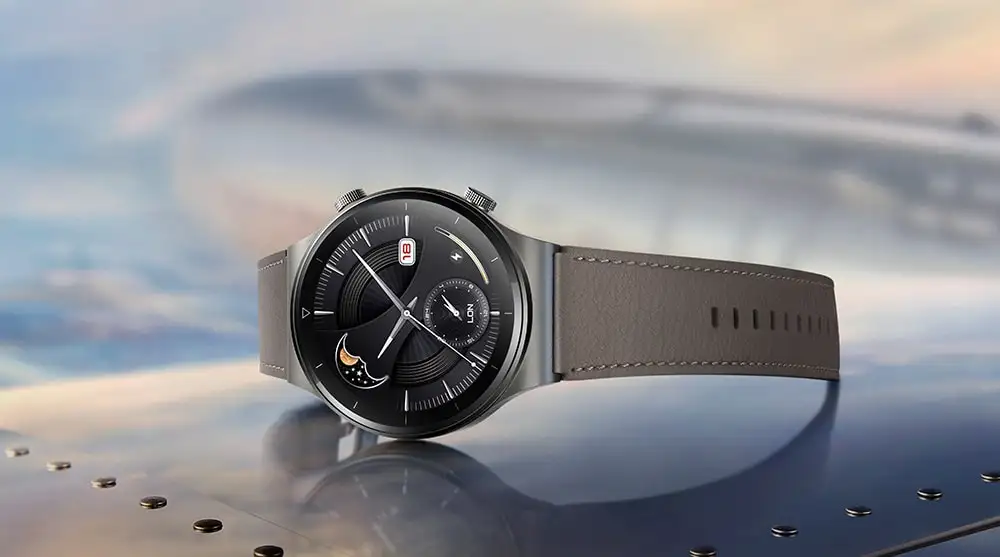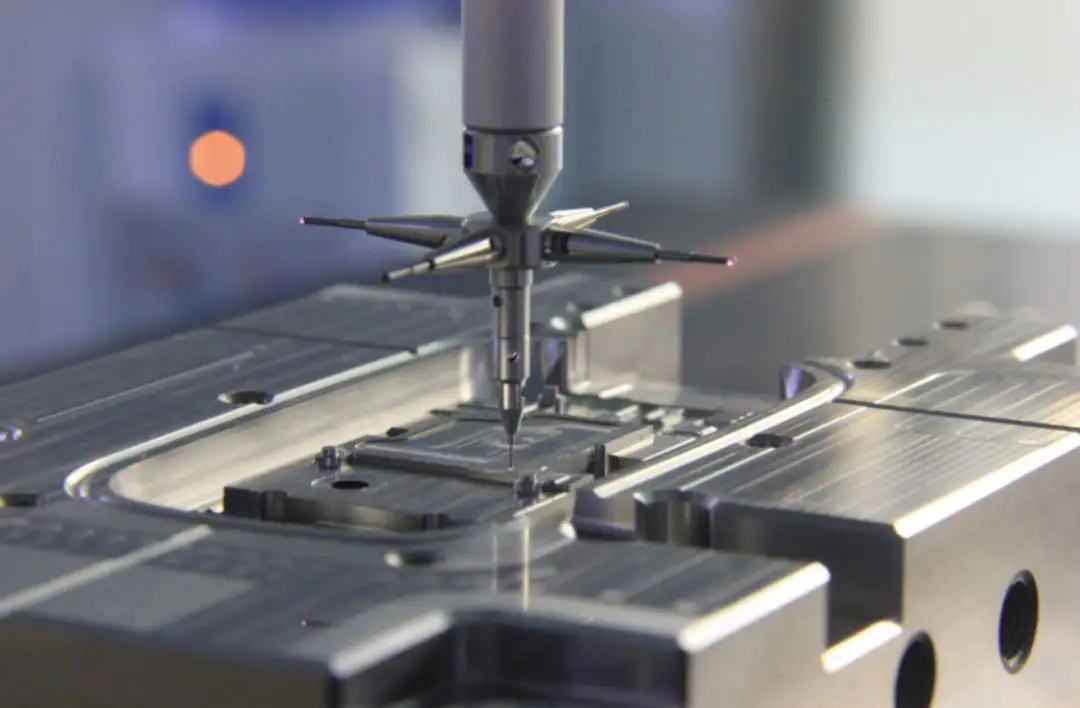Have you ever walked into a room and realized that there was a water leak? Or, have you ever been in a situation where a water leak happened so quickly that you couldn’t get to the source in time? If so, then this is the article for you! Not only will it teach you how to detect the source of the leak, but it will also teach you how to fix it straight away.
What is a water leak detector?
mp3 youtube audio comconvers are devices that can be attached to a water line in order to detect leaks and help prevent water damage. They come in many different shapes and sizes, and can be operated manually or with a sensor.
How to install a water leak detector
If you have a water leak, the sooner you detect it, the easier it will be to repair. Here are four tips for installing a water leak detector:
1) Choose the right type of detector. There are two main types of detectors-digital and audible. Digital detectors send an electrical signal to indicate when there is a leak, while audible detectors make a noise to warn you.
2) Place the detector where the leak is suspected. Place the detector near the area where water is entering or exiting your property.
3) Test the detector. Before you install it permanently, test the detector by filling a cup with water and placing it on the floor near the detector. If the alarm goes off, there is probably a leak!
4) Keep an eye on the detector. Make sure you check the alarm every time there is a change in water level or temperature in your home, as these can trigger an alarm.
Types of water leak detectors
Water leak detectors come in many different types, from digital to audible alarms. Here’s a look at the most common types and their features:
Digital Water Leak Detectors: These are the most common type of water leak detectors, and they come in both audible and non-audible models. They typically have a LCD display that shows the current water level and the time since the last alarm was triggered. Some also have an integrated camera that can be used to detect leaks on ceilings or floors.
Auxiliary Water Leak Detectors: These detectors work separately from the main water line and are typically used to detect smaller leaks. They usually have a built-in sensor that detects water levels changes, as well as an alarm that goes off when a leak is detected.
Audible Water Leak Detectors: These detectors use sound instead of light or electricity to send an alarm signal. They typically have a loud bell or buzzer, making them easier to hear over other noise in a room. Some models also have a flashing light indicator to indicate when there’s a leak.
Permanent Water Leak Detectors: These detector systems are designed to be installed permanently near any source of water, such as
How to use a water leak detector
If you’re like most homeowners, you probably think of water damage as a problem that happens in the summertime. But according to the estimators at Moore Services, a water leak can lead to significant property damage even in the winter months. And while there are many different types of water leak detectors on the market, this guide will show you how to use the most common model.
FAQ About water leak detector
I have a lot of different types of leaks. Will the article help me with these leaks?
The article is very specific to using a water leak detector, but it might be helpful in some situations. As it’s quite expensive, you might wish to purchase a water leak detector and follow the guide as well.
How do I detect a water leak?
Water leak is a difficult project for humans, so that you can detect it easily. The water detector can detect even the slightest changes in the water level due to the leakage of different items, such as boilers. There is a simple way to use this tool and monitor your settings to be on high alert when you hear noise or feel something weird with the temperature change.
What are the best tips for detecting a water leak?
There are a few signs that can point you to the possibility of water leak. If you’re in a humid or wet area, there may be condensation on the wall or ceiling. If your toilet (or any other fixture) doesn’t flush all the way, then there may be leakage occurring. When water leaks through windows into basements and other areas in a building, it can show up as stains on outdoor furniture, plants and even wallpaper
What is the best way to detect a water leak?
The best way to detect a water leak is to use our device the Water Leak Detector. This high quality device uses an array of sensors, allowing it to pick up on and differentiate between leaks from different sources such as hot or cold, corrosion and pressure. If you are looking for additional help with how to use this product, please check out our video tutorials.
How do I get more views on my videos?
Water leak detector is a tool that allows anyone to know if their home or office has a water leak. Our advice is to make videos that clearly explain the benefits of water leak detection, so as to make viewers more inclined to purchase it. We also offer free trial subscription here: https://waterleakdetector.com/trial
How does it work?
The main target of water leak detector is engineering items, office equipment, and eventually home appliances. For the price range purpose, it targets the electronic and electric products. The same method can be applied on other topics as well.
How does this product help people detect and fix leaks?
It is a liquid glider which has a small, but long life span. This product could be hand-washed to ensure its continuous service. Anyone can use this device in order to find and identify leaks outdoor or other places where water is mixed with air. Make sure that this product is stored away when not in use.
How water leak detector Works
1. Know the signs of a water leak: There are many different signs that can indicate that there is a water leak. Some of the common signs include:
-A feeling of wetness or coldness in the area where the water leak is
-Water spilling out from beneath doors, furniture, or walls
-Damp spots on the floor or ceiling
2. Check for leaks in key areas: Once you have determined that there is a water leak, start by checking key areas around the house for leaks. These areas might include:
-The roof
-The basement
-The walls

Pros of water leak detector
• Detects water leaks quickly and easily.
• Detects small water leaks that can cause expensive damage.
• Can be used in any location where water is present.
• Comes with a warning sound and flashing light to indicate a leak.
• Easy to use and operate.



